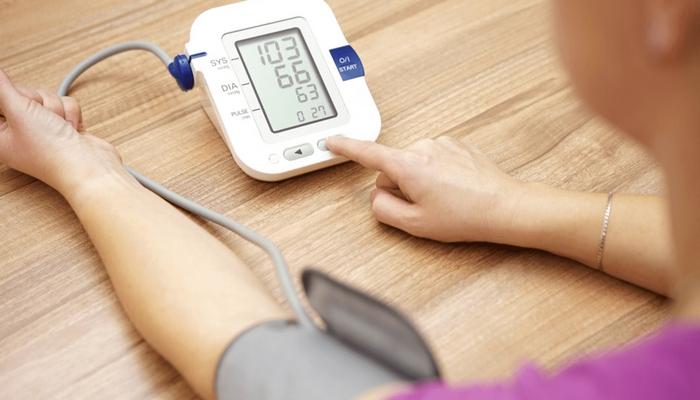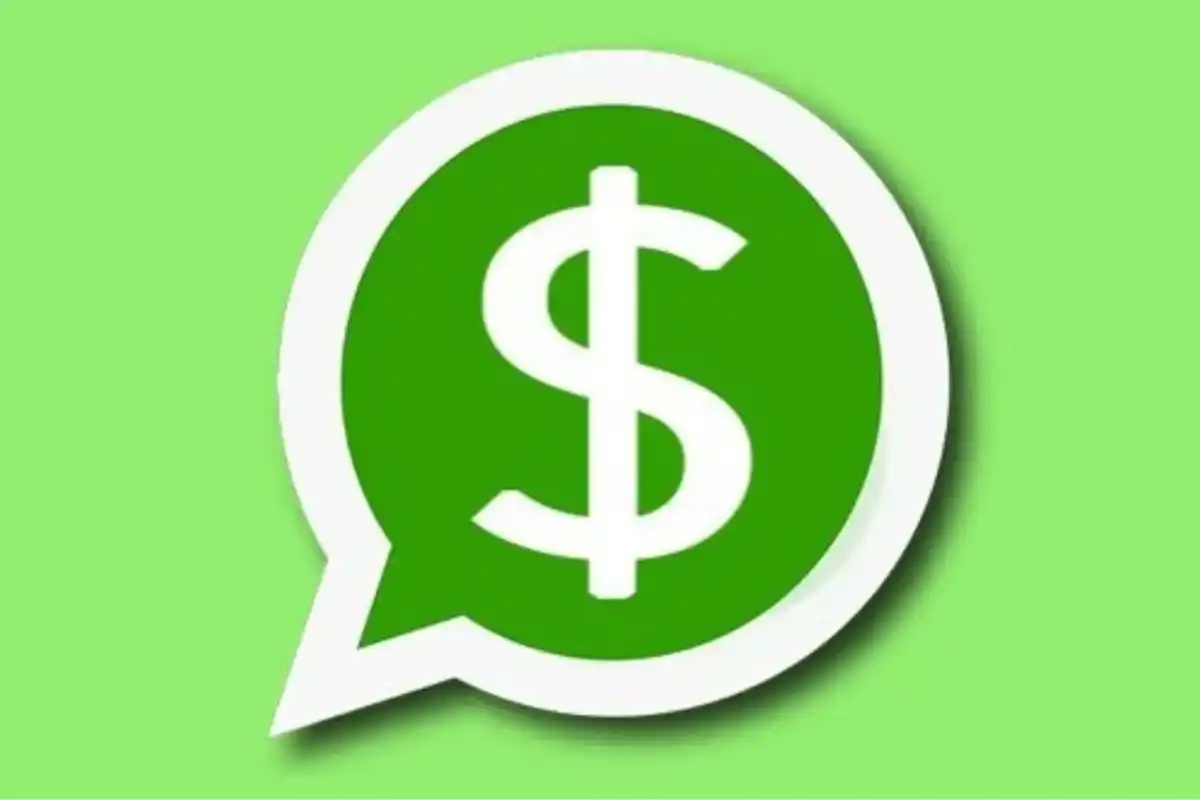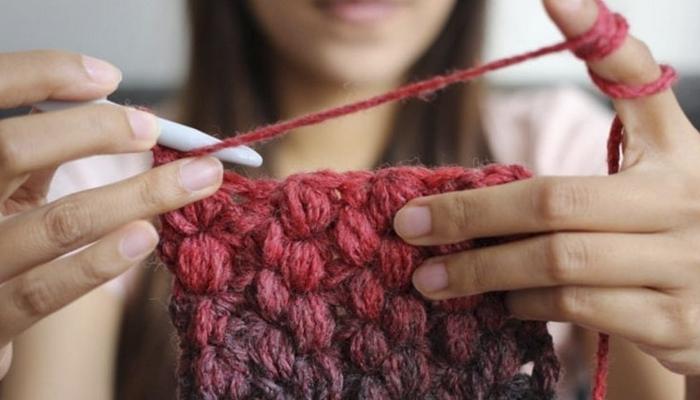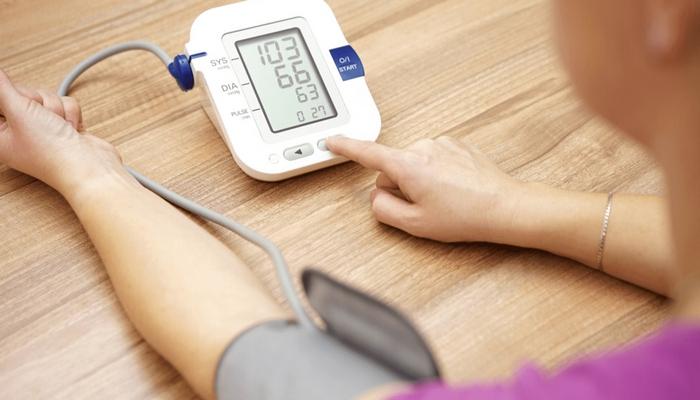With the advancement of technology and growing concerns about health, many people are turning to apps to measure their blood pressure.
These tools offer a convenient way to monitor blood pressure and track cardiovascular health from the comfort of your home. However, choosing the right application can be crucial to ensuring accurate and reliable measurements.
In this article, we will explore the best apps available for measuring blood pressure, highlighting their features, pros and cons, and evaluating their reliability.
What are the best apps to measure blood pressure?
Here are some of the best apps for measuring blood pressure:
- Blood Pressure Monitor
- MyHeart
- iBP Blood Pressure
- Blood Pressure Companion
- Heart Habit
1. Blood Pressure Monitor
This app is a great option for beginners as its interface is user-friendly and easy to navigate.
It allows users to record their blood pressure readings manually and provides clear graphs to track trends.
However, its accuracy may vary depending on the device used.
2. MyHeart
Developed by cardiology experts, MyHeart stands out for offering more in-depth analysis of blood pressure measurements.
Additionally, it provides personalized guidance to improve cardiovascular health.
However, some advanced features may require a paid subscription.
3. iBP Blood Pressure
This app is highly recommended for anyone looking for accuracy.
It can connect to medical devices to obtain direct readings and is widely used by healthcare professionals.
However, some premium features may require an in-app purchase.
4. Blood Pressure Companion
This app offers blood pressure recording and reporting functionalities.
It is known for its simplicity and ability to track readings over time.
5. Heart Habit
It’s a comprehensive app that not only monitors blood pressure but also tracks other cardiovascular health factors like diet and exercise.
It provides a holistic view of heart health, helping users adopt a healthier lifestyle.
Pros and cons


Grupo exclusivo e gratuito no WhatsApp para você
Receba conteúdos diários e exclusivos no seu Whatsapp e concorra a prêmios incriveis!
Você será redirecionado para o WhatsApp
Pros and Cons of apps to measure blood pressure:
Pros
- They facilitate regular monitoring of blood pressure.
- They offer graphs and analysis to track trends.
- Some apps provide personalized health tips.
- They are convenient for home use.
- They allow data sharing with healthcare professionals.
Cons
- Accuracy may vary depending on the device.
- Some advanced features may be paid.
- Apps are not a substitute for professional medical advice.
- It is necessary to ensure correct calibration of the device.
- The reliability of apps can be questioned in comparison to certified medical devices.
Are apps for measuring blood pressure reliable?
The reliability of apps for measuring blood pressure can be influenced by several factors. In general, these tools can provide accurate measurements when used correctly and with reliable devices.
However, it is important to remember that apps are not a substitute for professional medical advice. They can be useful for monitoring trends, but any abnormal readings should be checked by a healthcare professional.
Therefore, the reliability of applications depends on the accuracy of the device used and the consistency in its use.
Additional Tips
Maintaining healthy blood pressure involves daily choices that affect your cardiovascular health. Prioritize a diet rich in vegetables, fruits, whole grains and lean proteins, avoiding processed foods and foods rich in sodium.
Stress control is essential; practice relaxation techniques and find moments to enjoy activities that reduce emotional pressure. Also, be aware of warning signs, such as dizziness, chest pain or difficulty breathing, and do not hesitate to seek medical help if they occur.
Small lifestyle changes can make a big difference in maintaining healthy blood pressure and, in turn, promoting a longer, healthier life.
Our opinion
In our analysis, we concluded that apps for measuring blood pressure can be valuable tools for monitoring cardiovascular health, as long as they are used responsibly and in conjunction with the guidance of a healthcare professional. They offer convenience and the ability to monitor trends over time.
However, it is essential to choose a reliable application and ensure the accuracy of the device used. Please note that these tools do not replace regular medical consultation and evaluation by a qualified healthcare professional. Therefore, the combination of technology and medical care is the safest approach to maintaining healthy blood pressure.
Posts relacionados





